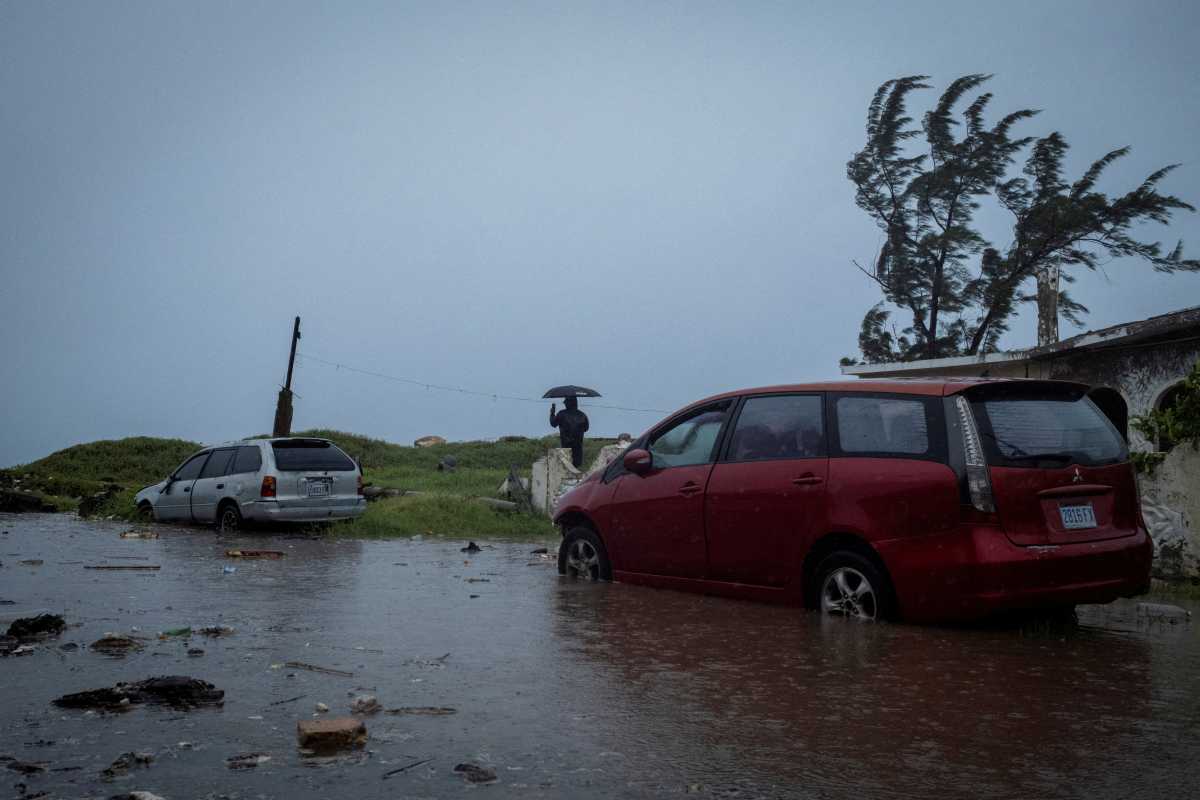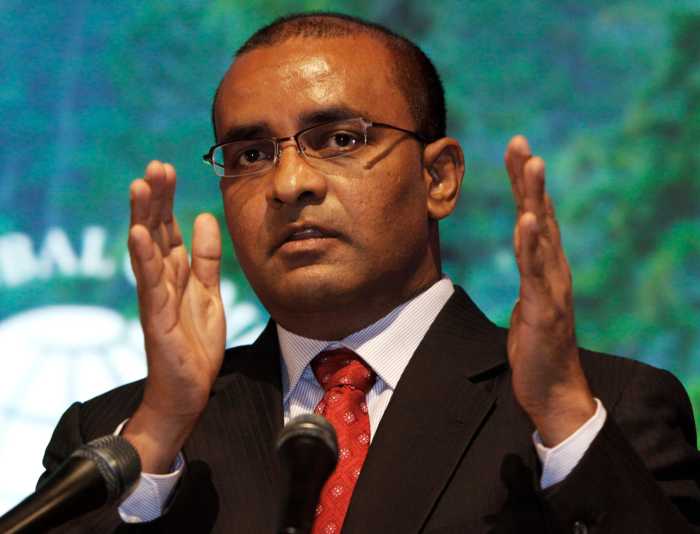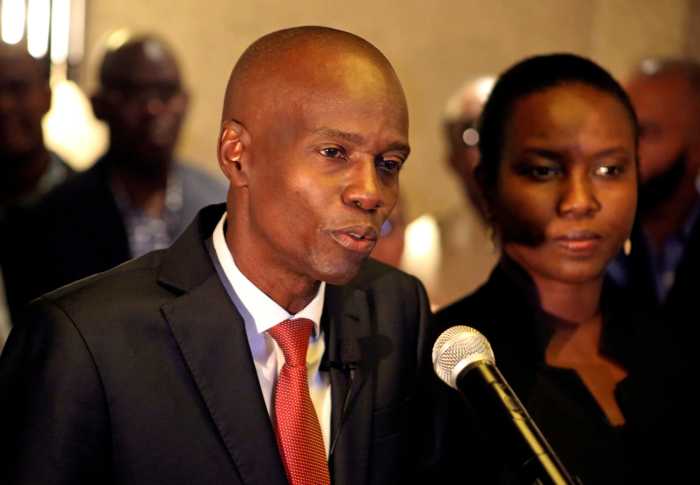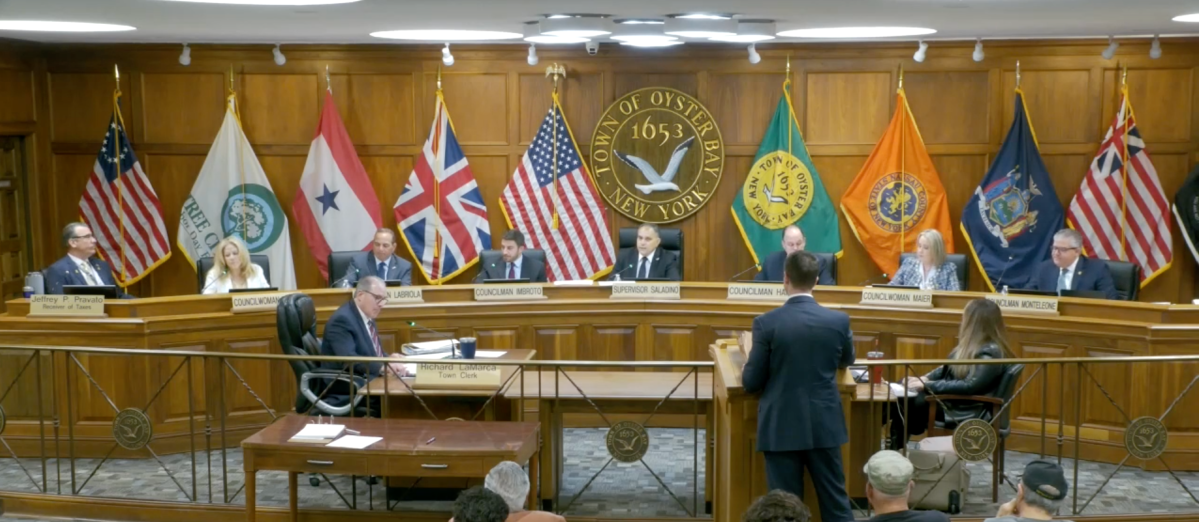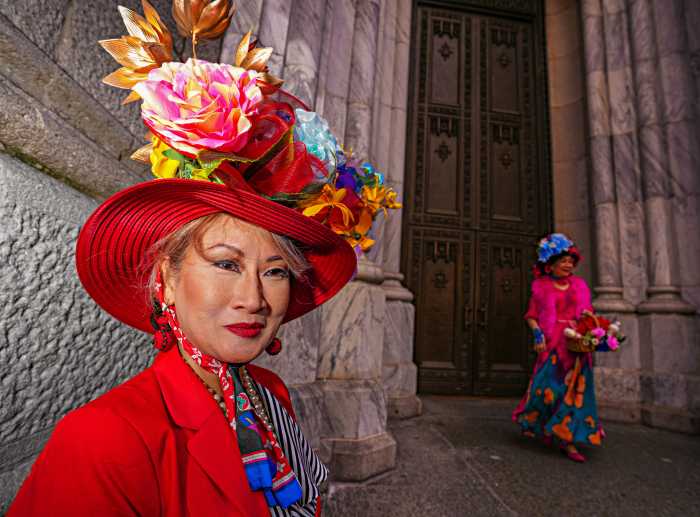Caribbean leaders from Suriname on South America’s coast to Belize in Central America began deliberations at the CARICOM main summit in Grenada this week, with the 2024 hurricane season on the minds of nearly every delegation following the recent devastation from Hurricane Beryl recently.
Postponed by just over three weeks because Beryl had made landfall in Grenada’s sister isles (Carriacou and Petite Martinique), the conference is being held as governments in Grenada, St. Lucia, The Cayman Islands and Jamaica among others struggle to restore power, clean up, rebuild schools and other infrastructure damaged by Beryl’s passage through the regional island chain.
Beryl was the earliest storm of any significant strength to form in the Caribbean and the Atlantic in June. The Atlantic hurricane season commences in June and runs until the end of November; it usually peaks in late August.
Carriacou, Petite Martinique and Jamaica were hardest hit by Beryl with much of the infrastructure damaged by the storm. Damage to regional agriculture was estimated at more than $100 million.
The speakers at the July 28 opening ceremony include Grenadian Prime Minister Dickon Mitchell, outgoing Chairman and Guyanese President Irfaan Ali as well as bloc Secretary General Carla Barnett. Each speaker complained about the weight and burden the region faces from climate change and its effects as they remind the world that the region is in no way responsible for such problems.
Attention, they argued, must now be paid toward redirecting crucial revenues away from development projects to rebuilding efforts in a storm season that has barely begun.
“If someone chooses to bomb your country, it’s existential but easy to stop. You negotiate, you call a truce. Explain to the citizens of Carriacou and Petite Martinique how we will stop these Category 4 and Category 5 hurricanes from hitting them. That is why CARICOM must, shall and will continue to advocate for climate justice. The stark reality is that we may not have a country to pass on to future generations,” Mitchell said to applause from colleagues and invitees.
Regional member states have rallied to assist Grenada and its two sister isles to rebuild and recover from Beryl, with some sending cash donations, soldiers to help rebuild schools and restore fallen power lines and personnel to help with security.
Grenada was last badly hit by Hurricane Ivan in 2004; back then, Ivan had destroyed about 80% of the island’s housing stock.
The CARICOM summit was initially scheduled to start on July 4, but had to be pushed back due to Beryl. The storm had also touched up St. Vincent and the Grenadines, St. Lucia, the Cayman Islands and Jamaica.
Mitchell talked about the effects of climatic changes on the region, noting that CARICOM cannot flinch from its efforts “to advocate for climate justice.” Though he had initially believed that the bloc was a functioning talk shop, Mitchell said he now realizes that this is not the case — given the level of cooperation among member states and the intense level of assistance states are prepared to render to each other in times of crises.
Ali, who at this summit has turned over the chairmanship to Mitchell, asked “Where are the voices of the private sector and all those who profess immense love for the region, in helping the leadership of the region to call upon the international community to support the redevelopment and to support the rebuilding of the economies that suffered even from this latest hurricane?”
“We have to now fight to ensure we build systems that work for us are not systems that are imposed upon us,” Ali said. “We have to build systems that work for our region. We have to trust in ourselves. We have to have faith in each other and we have to have hope about the future. We can define ourselves or continue to allow ourselves to be defined.”
Other key issues on the summit agenda include a review of the situation in Haiti. Regional leaders had played a key role in helping the bloc’s most populous member state to form an interim government to replace the previously collapsed one. The island is represented by Edgard LeBlanc Fils.
Progress in the operations of the single trading market and the free movement of people in Caricom are also on the agenda.
At the summit’s opening ceremony, Curacao was admitted as the sixth associate member alongside The Cayman Islands, The British Virgin Islands, Bermuda, The Turks and Caicos and Anguilla.
The Dominican Republic-neighboring Haiti has also made a bid to become a full member but it is unclear if its bid will be examined by the full conference this time.


